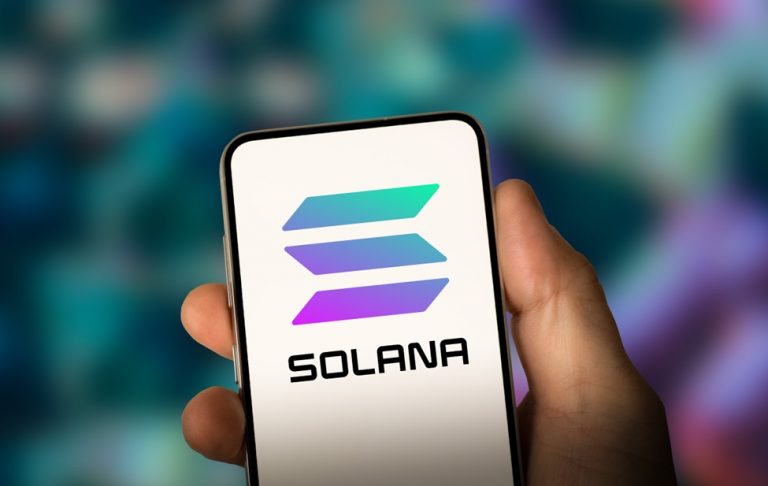
In the ever-evolving world of blockchain technology, privacy remains a paramount concern for users and developers alike. Solana, a high-performance blockchain known for its speed and efficiency, has taken significant strides in addressing this concern with the introduction of a hidden identity layer. This advancement is not just a technical leap but also a philosophical one, as it balances the inherent transparency of blockchain with the need for confidentiality in transactions.
The hidden identity layer for Solana leverages Zero-Knowledge Proofs (ZK Proofs), a cutting-edge cryptographic method that allows one party to prove to another that a statement is true without revealing any information beyond the validity of the statement itself. This technology is a game-changer for Solana, as it enables fully private transactions while maintaining the integrity and security of the blockchain.
One of the key projects utilizing this technology is Elusiv, which aims to enhance transaction privacy to meet compliance standards. Another notable project is Light Protocol, which allows users to transfer SOL without linking the transaction to their wallet. These developments indicate Solana’s commitment to innovation and its foresight in addressing the growing demand for financial privacy.
Register for Tekedia Mini-MBA edition 19 (Feb 9 – May 2, 2026): big discounts for early bird.
Tekedia AI in Business Masterclass opens registrations.
Join Tekedia Capital Syndicate and co-invest in great global startups.
Register for Tekedia AI Lab: From Technical Design to Deployment (next edition begins Jan 24 2026).
The introduction of the Civic Pass by Civic Technologies further strengthens Solana’s identity layer. This tool integrates digital identity verification with decentralized finance (DeFi) applications, creating a permissioned environment that could attract institutional players. The Civic Pass uses technology from Identity.com to vet users through a comprehensive know-your-customer (KYC) process, which includes email address, phone number verification, photo ID scanning, and a 3D face-map.
Civic Technologies has taken a significant step in this direction by developing DeFi identity tools on Solana. Their collaboration with Solrise Finance to create a decentralized exchange (DEX) with permissioned access based on digital identity verification is a game-changer. This approach contrasts with the permissionless nature of traditional DeFi, where transactions are typically anonymous and require only a wallet address and assets.
The implications of these advancements are profound. They offer a glimpse into a future where blockchain can provide both transparency for public verification and privacy for individual security. This dual capability could potentially reshape the landscape of financial transactions, making blockchain technology more palatable for mainstream adoption, especially among institutions that require a higher degree of regulatory compliance.
However, the journey towards a fully private and secure blockchain ecosystem is not without its challenges. Regulatory scrutiny is an inevitable aspect of financial innovation, especially when it involves privacy features that could be misinterpreted or misused. The debate over the legality of such features in various jurisdictions continues to unfold, with some countries expressing concerns over the potential for illicit activities.
Despite these challenges, the progress made by Solana showcases the blockchain community’s dedication to advancing the technology while respecting the diverse needs of its users. As the conversation around privacy and identity in blockchain continues, Solana’s hidden identity layer stands as a testament to the potential of blockchain to evolve and adapt in the face of changing demands and expectations.
The hidden identity layer for Solana is more than just a technical feature; it is a statement of intent, a commitment to the principles of privacy and security that are increasingly becoming non-negotiable in the digital age. As we move forward, it will be interesting to see how this layer develops and what new possibilities it unlocks for the world of blockchain and beyond.



